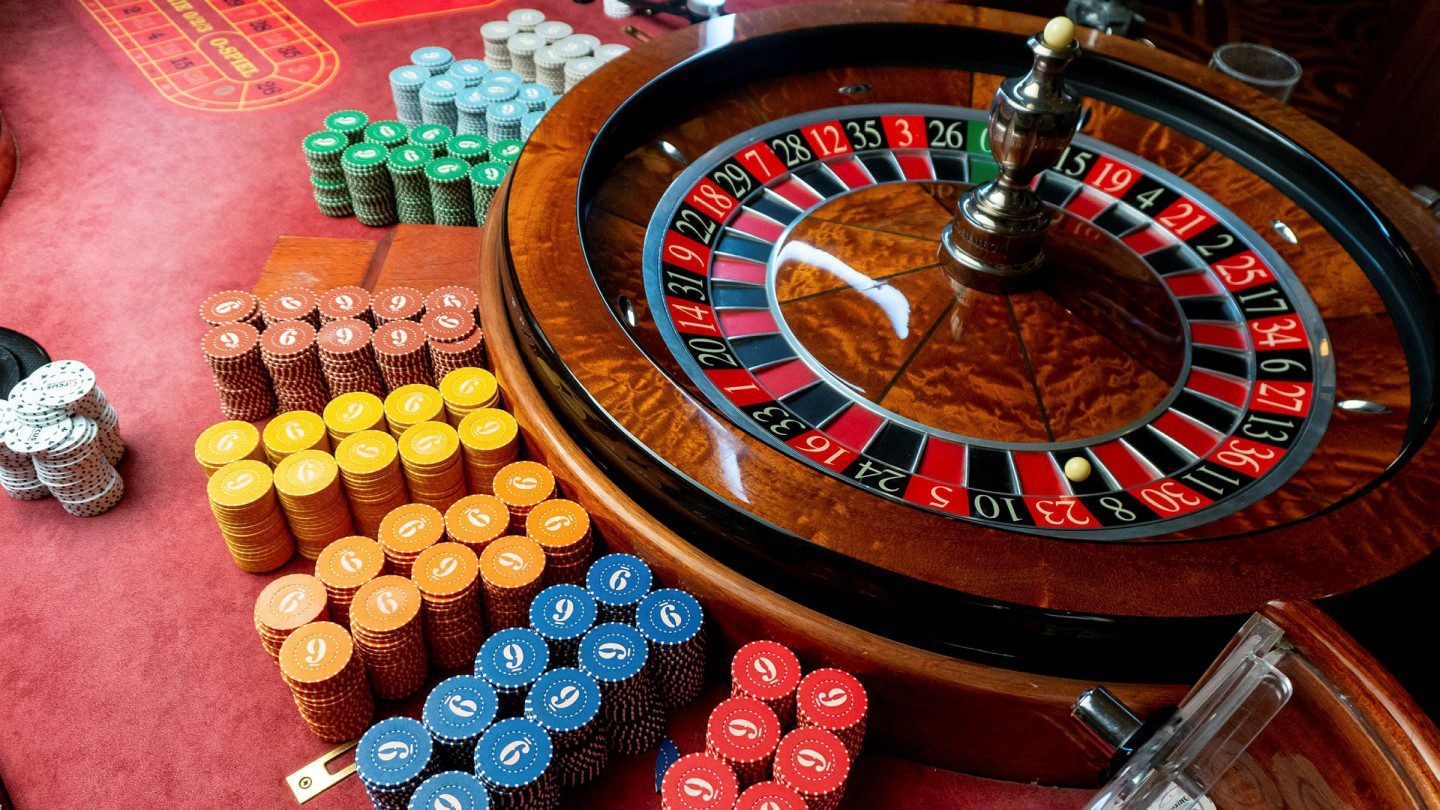Gambling games have captivated players for decades, pulling them into a realm of thrill, fortune, and wealth. From the sparkling lights of gambling machines to the tactical nature of card tables, these activities offer a unique mixture of amusement and exposure. However, below the surface of this glamour and style lies a complex relationship of mathematics that determines every result and decision made within the casino.
Comprehending this connection between gambling games and numerical principles not only improves the playing experience but can also help gamblers make informed selections. Whether you are a recreational punter or a dedicated fan, recognizing the math concepts at play can offer insightful understandings into probability, probabilities, and strategies, finally influencing how one tackles these games of luck. parhaat suomalaiset nettikasinot
Mathematical Likelihood in Betting
In the world of gambling games, statistical likelihood plays a crucial role in determining results and informing gambler choices. Every activity has a unique set of regulations and a particular probability framework that affects its mechanics. For instance, in activities like roulette, players must grasp the chances of hitting a specific number or color. The likelihood of certain occurrences happening can be computed, and this understanding can significantly affect betting strategies.
Players also need to be informed of the house advantage, which is the statistical advantage that casinos hold over gamblers in the long run. This advantage differs across various games. In blackjack, skilled players can use tactics to minimize the house edge to as low as 1 %, while in activities like slots, the casino advantage can be significantly greater. Comprehending the house advantage allows players to make wise choices about which games to play and the amount to bet.
Moreover, likelihood is crucial in the principle of risk versus gain in betting. Each wager carries a specific danger factor, and players must evaluate the possible payout against that danger. Activities like the poker game require gamblers to not only assess the odds of their personal hand winning but also to evaluate the likelihoods of their opponents’ showings. By applying statistical concepts to their gameplay, gamblers can improve their chances of success and participate more effectively in the exciting world of casino activities.
Anticipated Worth in Casino Games
When discussing gambling games, one of the basic ideas rooted in math is the anticipated value. This numerical measure assists players grasp the potential results of their bets over a period. In basic terms, expected value (EV) calculates the mean amount a gambler can expect to gain or lose per wager if they were to play the activity many times. Each activity has its own EV, affected by the probabilities and the casino advantage, which signifies the advantage that the casino holds.
For instance, think of a activity like roulette. The anticipated worth can be derived based on the particular bet placed. If a gambler bets on a individual number, the payout is 35 to 1, but the true odds of success that bet are 1 in 37 (in European the roulette game). This results in a detrimental expected worth, indicating that, on the whole, players will lose money over a period when playing this type of bet. Understanding this concept allows gamblers to make better informed decisions about which games and bets may be more favorable.
Furthermore, the exploration of expected value can lead to better money management. Gamblers who understand the math behind their activities are often able to set realistic expectations. By recognizing their possible losses and profits, they can adjust their gambling strategies appropriately, which may enhance their total gaming experience. As a consequence, anticipated worth serves as a crucial tool for both beginner and seasoned gamblers to steer through the often unpredictable nature of gambling activities.
Approaches and Chances: The Math Behind Winning
In casino games, understanding the probabilities is vital for gamblers looking to boost their likelihood of winning. Each activity has its own specific set of probabilities that establish successful performances, and these figures are often located in the rules of the game regulations or payout tables. For case, in activities like 21, players can boost their odds through tactics such as counting cards, which depends on math principles to gain an advantage over the casino. By acquainting themselves with the chances, participants can make more educated determinations on when to place bets and when to quit.
Furthermore, the concept of average value plays a critical part in casino strategies. Expected value assesses the average outcome of a stake over time, allowing participants to evaluate whether a specific bet is justifiable taking. For instance, fruit machines have a fixed payout percentage, which can indicate the average payout a gambler can expect on their bets. By choosing activities with higher payout percentages, players can reduce the house edge, enhancing their possible rewards in the future.
Finally, successful gamblers often employ a combination of luck and mathematical strategy to improve their gaming experience. While luck is uncontrollable, managing a staking plan based on calculative ideas can lead to more advantageous situations. By employing techniques such as bankroll management and choosing games, players can utilize math to navigate the random nature of gambling activities, making the most of their investments and investments at the gaming tables.

